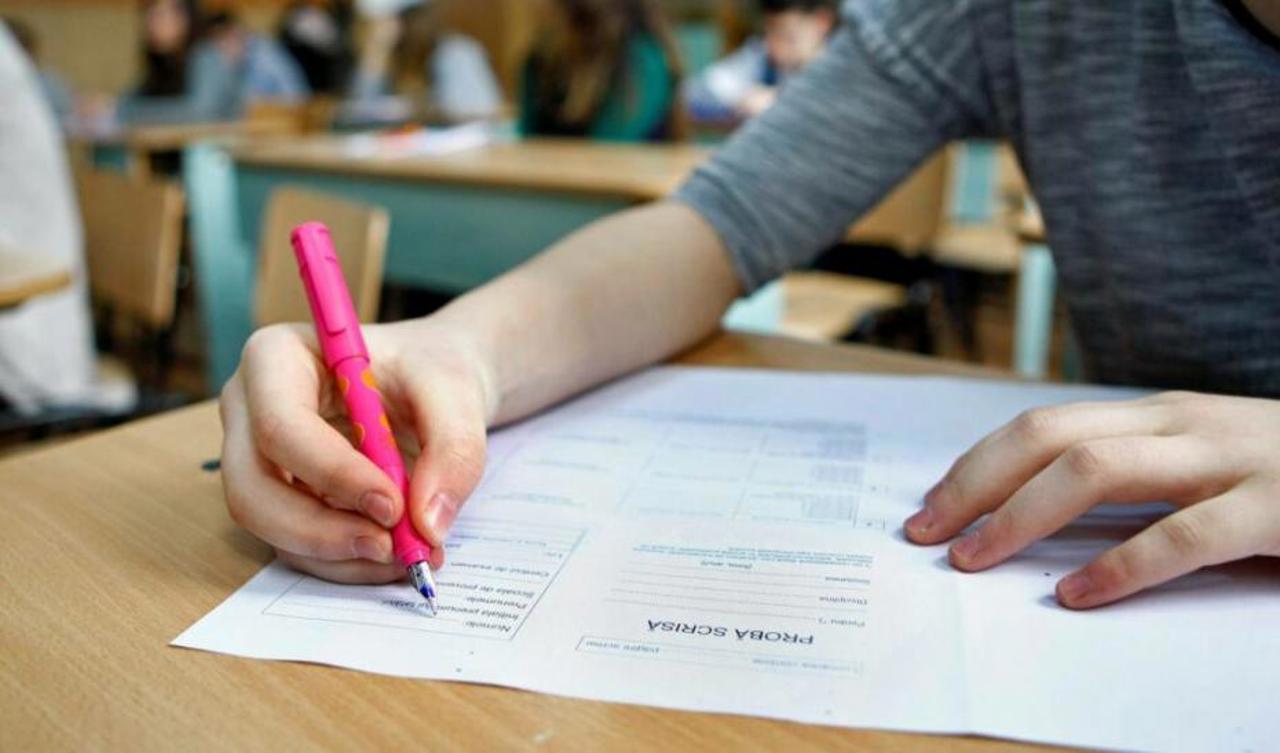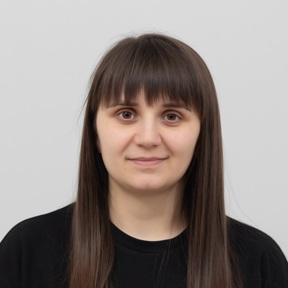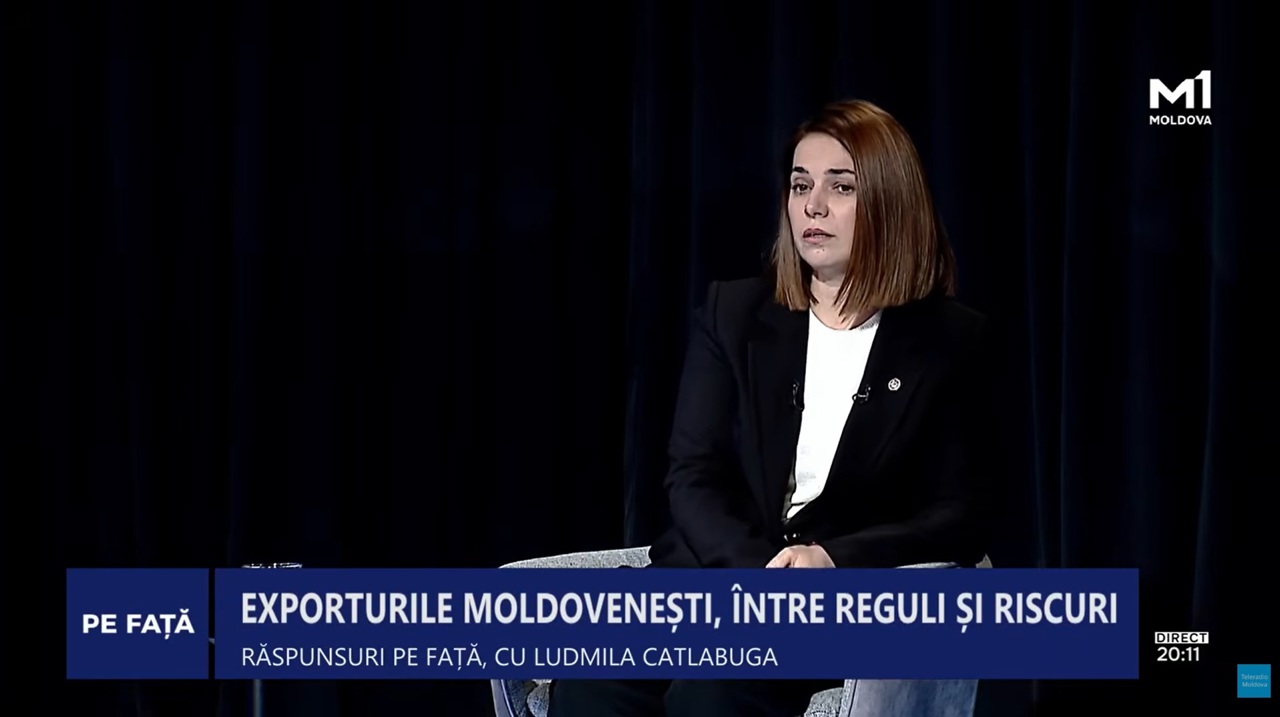Moldova Revamps 9th Grade Exams After Failing Grades
The Ministry of Education and Research in Moldova has announced an additional testing period for the 9th grade exam, scheduled for August 19-23.

This decision comes in response to a concerning decline in the promotion rate following recent re-evaluations of exam papers.
"We urge teachers, principals, and department heads, particularly in those districts most affected, to mobilise and assist students in passing this basic ninth-grade exam," stated Education Minister Dan Perciun. "The goal is for all students to achieve at least a grade of 5 after nine years of schooling."
Shift to Designated Exam Centers for Future Administrations
Looking ahead, Minister Perciun announced a significant change for future 9th-grade exams. Beginning next year, students will take the exam at specially designated centres, mirroring the model used for the Baccalaureate exam (Moldovan university entrance exam).
"These designated schools will serve as official exam centres," explained the Minister. "Students will travel to these centres to take the exam, allowing us to implement nationwide monitoring and ensure the integrity of the testing process. Additionally, we will be centrally evaluating all 9th-grade exam papers, following the same procedures established for the Baccalaureate exam. In essence, we will be applying the same rigorous standards to the 9th-grade exam, with the exception of video surveillance. While video cameras will not be introduced next year, we will have designated exam centres, external monitoring, and centralised evaluation of exam papers."
Re-evaluation Reveals Discrepancies in Promotion Rates
Minister Perciun elaborated on the impetus for the additional testing period. This year, the Ministry deployed 400 volunteers to 189 educational institutions across eight districts of Moldova to oversee the administration of the 9th-grade exam. Subsequently, approximately 30% of the exam papers were sent to Chisinau for re-evaluation to ensure consistency in grading standards across different regions. This process revealed a significant drop in promotion rates. For example, the promotion rate in Cimislia district plummeted from 100% last year to just 64% this year.
"This means that 37% of all 9th graders in Cimislia failed the maths exam," said Perciun. "That's nearly 4 out of every 10 students. Similar declines were observed in other districts, including Cantemir (97% to 68%), Drochia (100% to 73%), Soldanesti (100% to 78%), Cahul (100% to 80%), Nisporeni (88% to 83%), Donduseni (99% to 85%), Briceni (100% to 89%), and Anenii Noi (100% to 92%). It's important to remember that this data reflects only the 30% of papers that were re-evaluated. If all papers had undergone this process, we would likely see an even more dramatic decrease in promotion rates. This highlights the concerning reality, at least in these districts."
International Evaluations Align with Re-evaluation Findings
According to Minister Perciun, the re-evaluation results raise serious concerns about the effectiveness of the current 9th-grade exam format. He argues that the exam, in its current state, fails to accurately assess students' abilities and knowledge, presenting a superficial image of competency. The Minister pointed to data from PISA (Programme for International Student Assessment) evaluations, which indicate that an alarming 50% of 9th graders in Moldova (approximately 15,000 students annually) fail to meet the minimum competency level in reading, maths, or science.
"The situation is even more concerning in rural areas, particularly in very small schools," continued Perciun. "In these environments, we are likely facing functional illiteracy rates as high as 80-90%. Previously, the 9th-grade exam consistently yielded a 100% promotion rate. This presented a stark contrast to the international evaluations, which painted a very different picture. This year's re-evaluation, implemented by the Ministry in collaboration with the Agency for Curriculum and Evaluation, demonstrates a clear alignment between the international evaluations and the results of a more rigorous testing process."
Translation by Iurie Tataru




